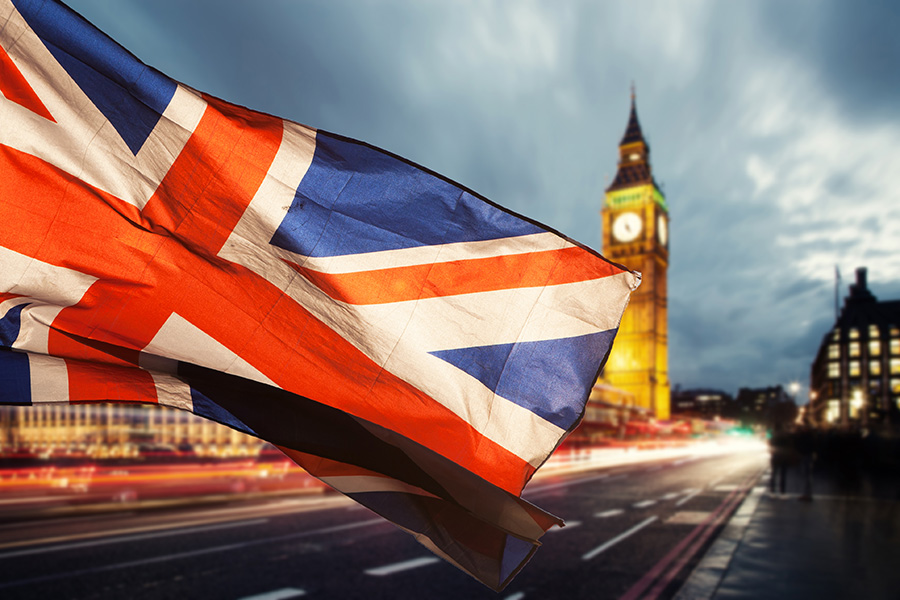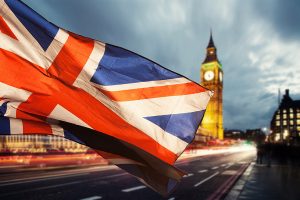UK bookmaker says it can’t afford proposed mandatory levy on gambling

Jenningsbet says it would have to close outlets and lay off staff.
UK.- An independent bookmaker has claimed that it will be unable to afford a proposed mandatory levy on gambling revenue to fund gambling-harm research, education and treatment. Jenningsbet, which has 100 branches and an online operation, says it would be forced to close outlets and lay off staff if the levy is introduced.
Jenningsbet said the move would also risk its ability to continue with its own charity work. It argued that the current voluntary system of donations was working, while a mandatory fee would subject independent bookmakers to disproportionately high costs.
Vicky Knight, head of safer gambling at Jenningsbet, wrote on the Betting and Gaming Council website: “That would be devastating for operators like us, which are the beating heart of many hard-pressed high streets, offering community to customers, and bringing in much-needed investment both locally and nationally.”
Knight said that there are currently 536 independent betting shops left in the UK, down from 696 in early 2019. They employ around 3,000 people and generate £5.5m in business rates and over £25m in taxes, she said.
“This is the loss of businesses that play an important role on the high street, a study by ESA Retail found that 89 per cent of betting shop customers combine their trip to the bookies with visits to other local businesses,” she added.
The government’s proposal is for the levy to work on a sliding scale, from 0.4 per cent of gross gambling yield for smaller bookmakers to 1 per cent for larger ones. The Betting and Gaming Council estimates that 492 bookies belonging to 38 businesses will be impacted by a 0.4 per cent levy.
“It might not seem like a lot, but independent bookmaker’s margins are simply not big enough to swallow that fee, on top of all their other costs, without risking closures and job losses,” Knight wrote.
“And the pill becomes even more bitter when you see the government’s approach to sectors that are similar to independent bookies.”
She added: “As of March 2022, there were 406 Adult Gaming Centres and 115 Family Entertainment Centres in this country, that’s 521 in total. Yet these premises are exempt from the uplift to 0.4 per cent and will instead pay 0.1 per cent. We both operate on the high street, and have similar operating costs and pressures, yet independent bookmakers are expected to contribute four times more.
“It gets even more galling when you consider the behemoth that is the National Lottery. Their contribution to the levy over the last three years has been approximately 0.01 per cent of annual Gross Gambling Yield. This equates to an average donation of around £440,000 each year on GGY of around £3.5 billion.
“That is tiny when you consider the entire sector, large and small, land-based and online, contributed in excess of £50 million to the levy between 2022/23. That money does real good. Rates of problem gambling remain low and stable in this country, at approximately 0.4 per cent of England’s adult population according to the most recent NHS Health Survey.
“But when people do struggle, it is often the network of charities funded by the levy which comes to their aid. In fact, around 85 per cent of all problem gamblers receiving treatment in Great Britain are treated by the third sector.”
Knight concluded: “Independent bookies like Jenningsbet aren’t in a position to contribute millions, but we are proud of the contribution that we and our staff make. However, if all independent bookies are unfairly targeted with a higher levy than our peers, it will inevitably push some shops into unprofitability. That will mean further closures and job losses.
“We want to pay our fair share, just as we’ve done for the last 20 years, but the government must listen to the concerns of independent bookmakers if they want to get reforms right. Supporting the levy can’t come at the cost of closed shops and sacked staff.”











